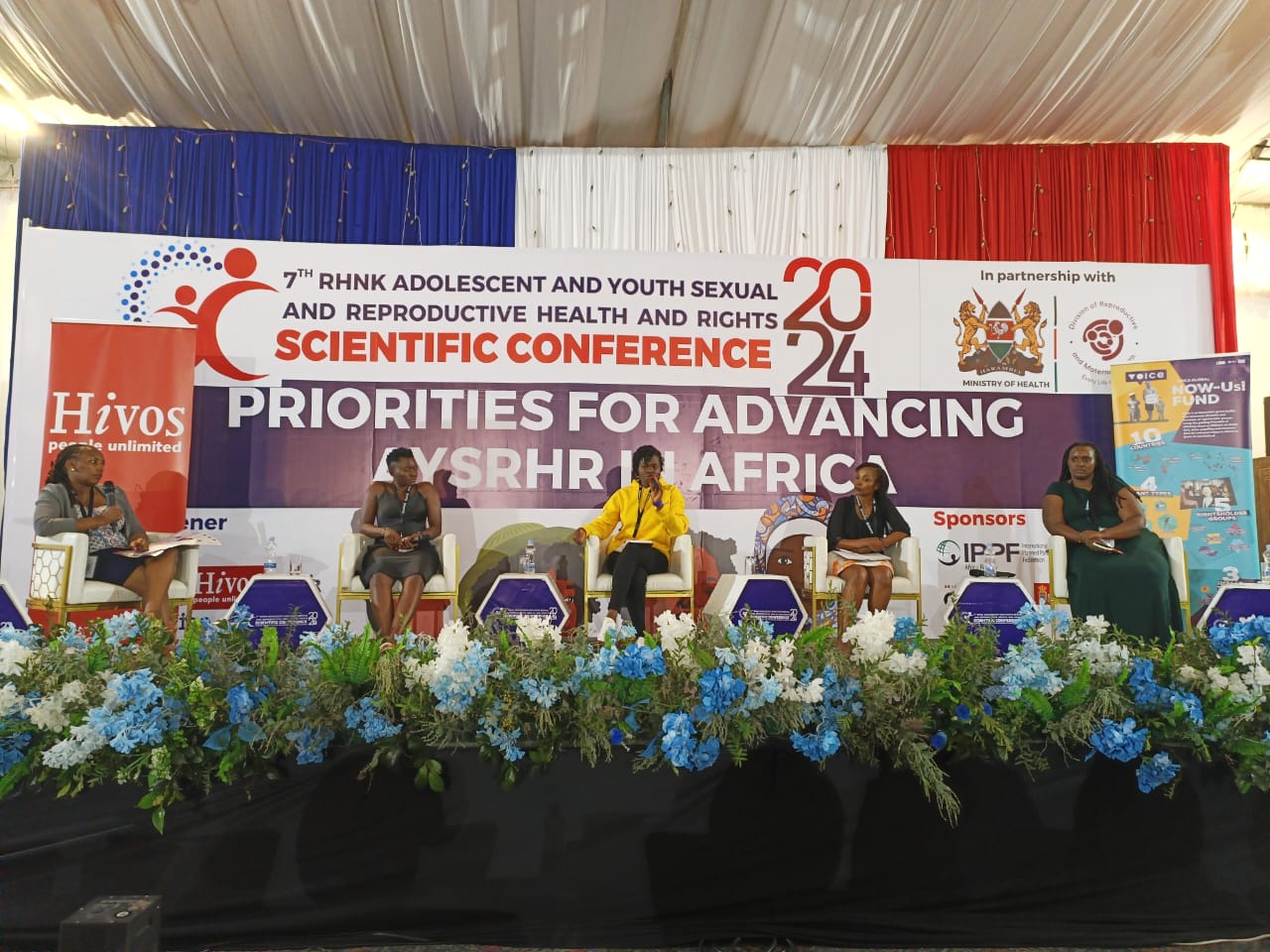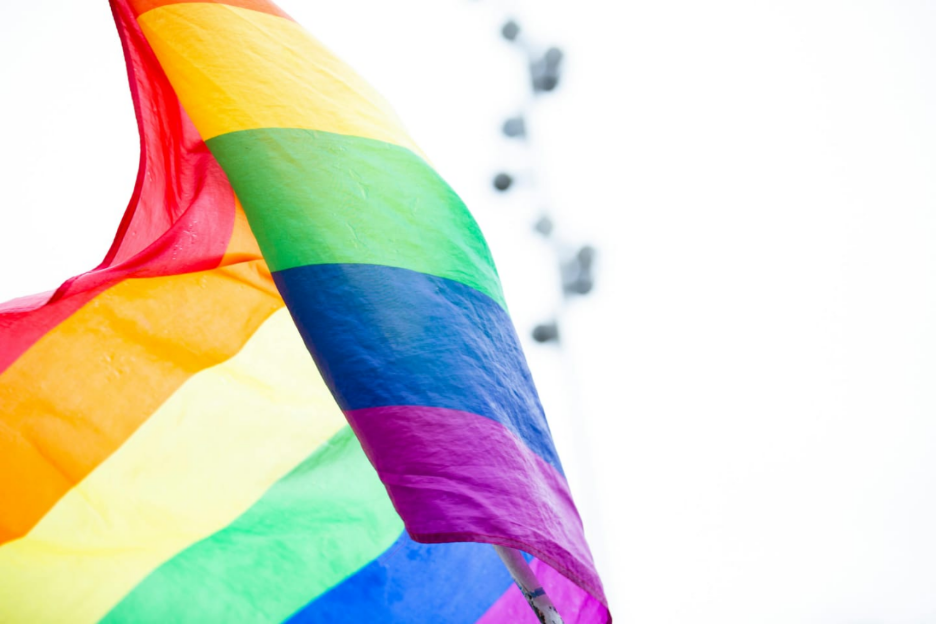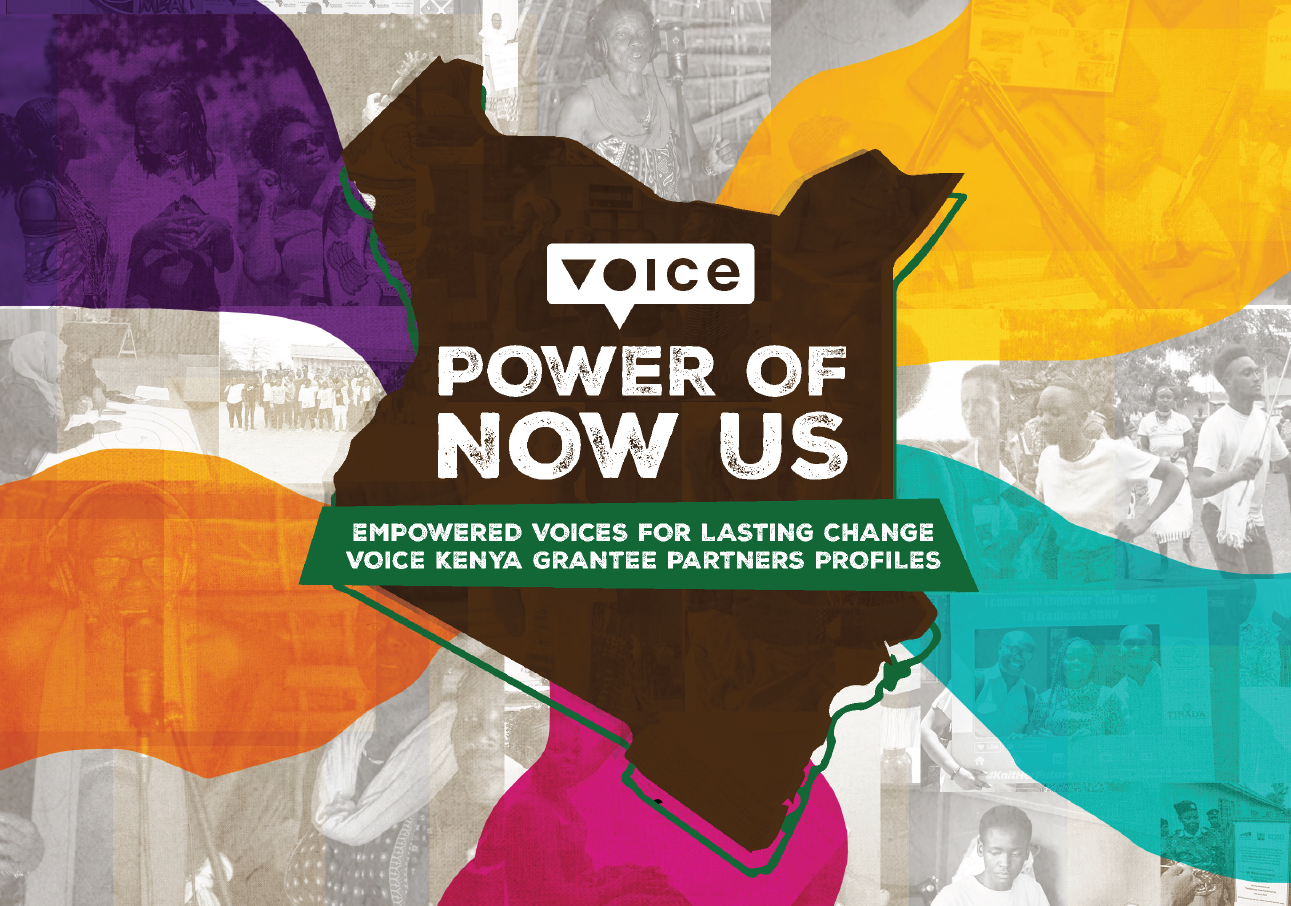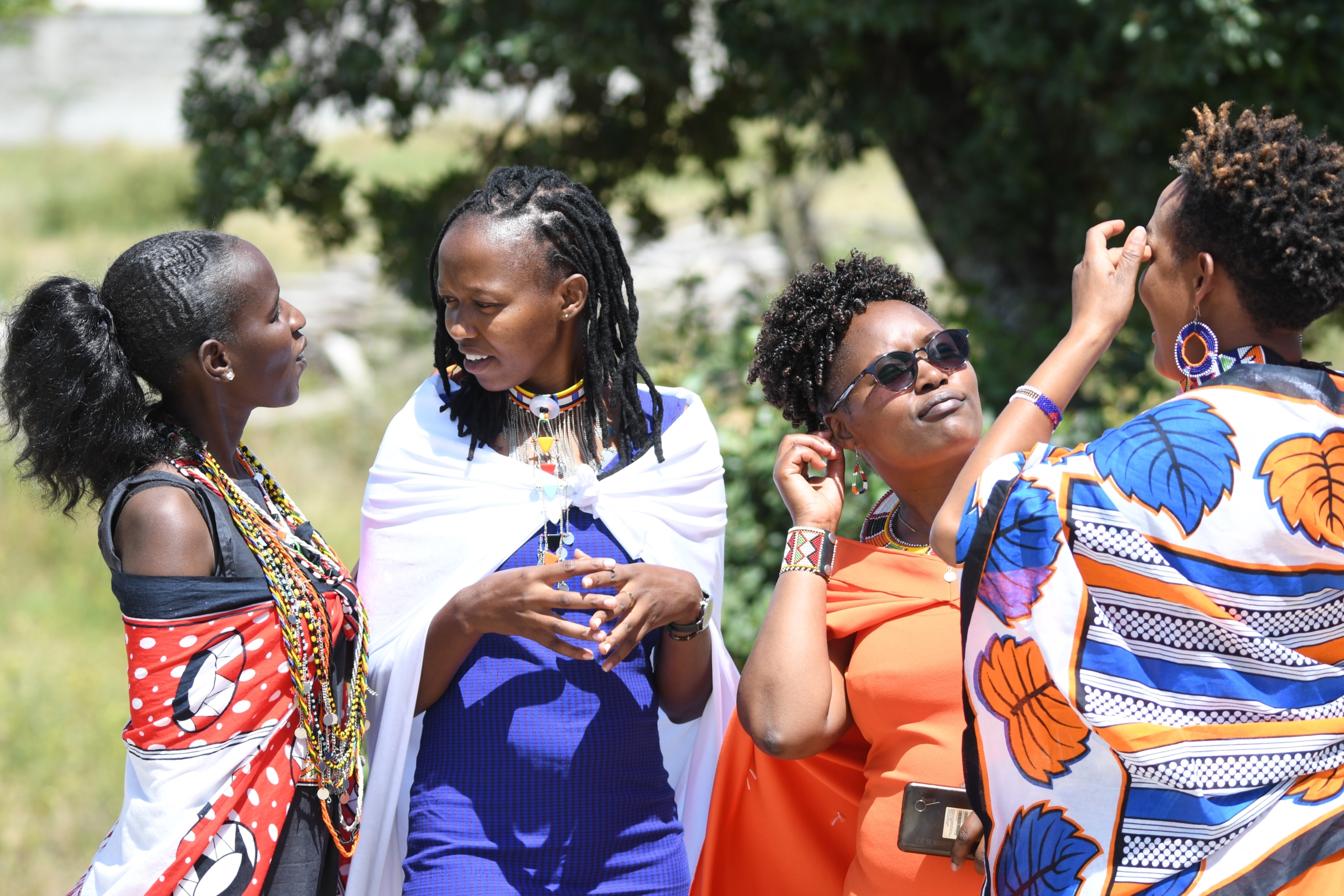The Rising Voices of Differently Able Persons!
By Kelly Imathiu – Regional Roving Grants Officer for Africa, Voice
Every day we learn…
Throughout my career history, I have always served marginalised movements once at a time and always with intersectionality inclusive of sexual and gender minorities. The saying goes we are drawn to first serve in those communities in which we share the most identities, likelihood and possibly more intricately -values too. Currently, in my latest professional chapter of serving movements, I have the privilege of serving (5) communities and their intersections. Every day there is always something new and unique to learn from the partners we proudly serve.
In my work, we recognise that your lived experience is not a narrative that can be spoken for by any other. As such, my personal and professional approach is to learn from those whose lived experiences have been different from my own- which literally means EVERYONE!
Aside from listening and intending to learn, I also deliberate to immerse myself in spaces where these communities have found safer environments. I am, though, very guilty of applying personal analytical questioning to most of my professional experiences, so what were some of the questions racing through my mind?
Do we always feel at home in other people’s homes?” How can we describe their homes from our knowledge of what home feels like? Are we visible even in the presence of those who experience marginalisation differently from us? Does our marginalisation serve as a unifying factor for all of us or in part, only those on the frontlines?
From 29th– 31st May 2023, I had the special privilege of attending the 4th Annual Inclusive Africa Conference hosted by an inspiring non-profit called Inable. I admit I was unsure what to expect about participants, panel sessions or the expert-facilitated sessions. However, when I chose to start with the innovations room, I was completely blown away not just by the warm, welcoming energy but also by the incredible, accessible and affordable devices available to persons of all kinds of abilities. In the innovation centre were:
Mobile applications that could help the blind watch movies, I was taken through the construction and assembly of an autistic child’s wheelchair (for persons ages 4-10 years), an SRHR word puzzle that brings awareness to teenage mothers about all kinds of their sexual-decision making, not to mention a mobile wellness application for differently abled and also all kinds persons.
Unfortunately, my first day was quite short. It was limited to the innovation centre and the incredible booth conversations I had with the people working tirelessly to see the voices of persons of all kinds of disabilities authentically told.
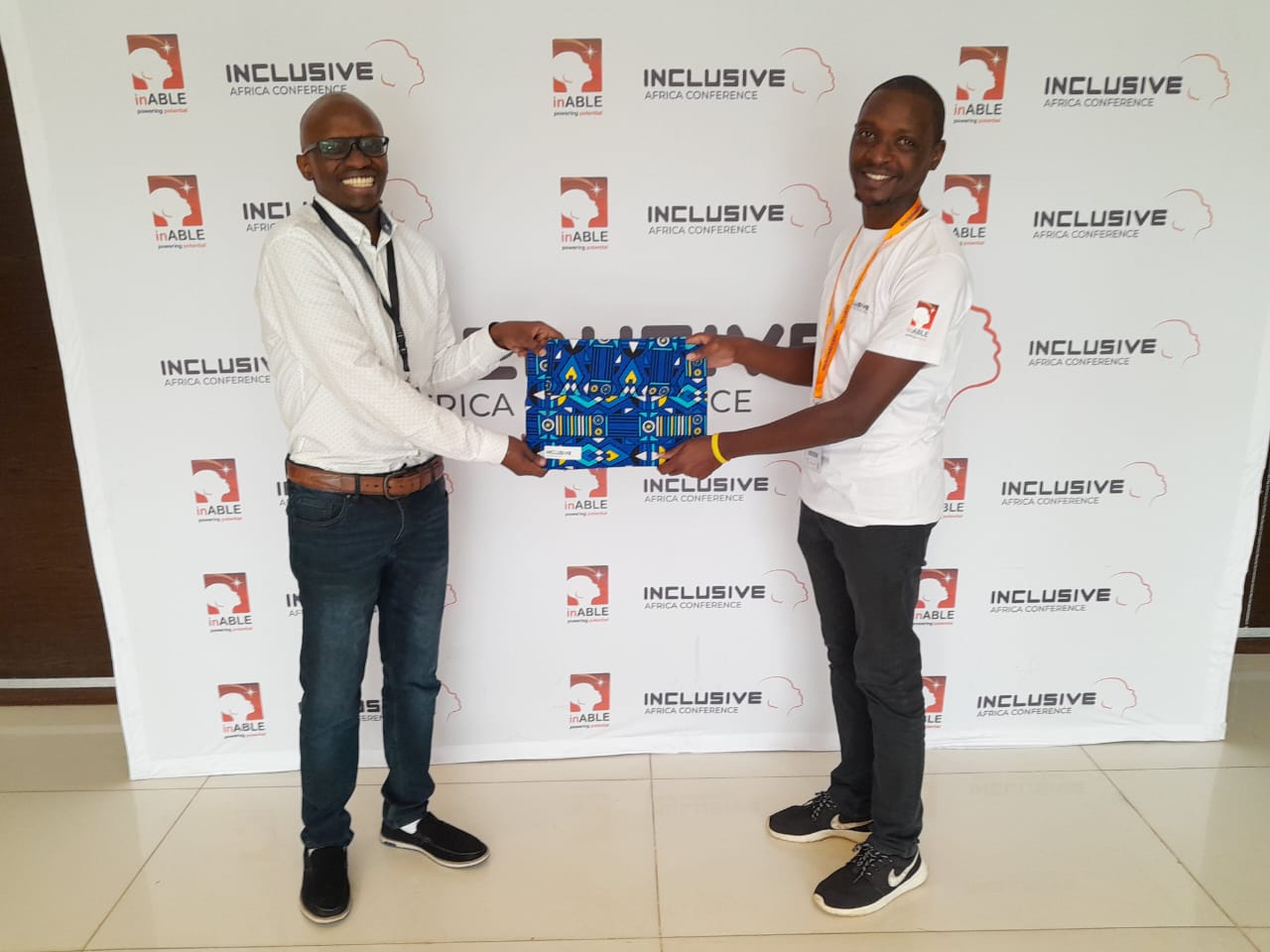
On the conference’s final day, I thought it wise to settle into the expert-guided conversations and even listen to a few panel sessions. I had the privilege of catching two thought-provoking panel discussions. Both these discussions were rich in knowledge and held so much hope and enthusiasm for the future. One panel discussion was characterised by an all-female group comprising heads of accessibility programmes that Google, Microsoft and Mastercard Foundation spearheaded. This group of incredible women spoke eloquently about the ongoing progressive work in their respective departments and how their lived experiences as women with disabilities have helped them create safer environments for younger women with all kinds of abilities to thrive and enabled them to use tech to develop efficient and user-friendly products. One example was adding a user-friendly voice tool to Google search engines to ensure persons with blindness can use Google search. The conversation was incredibly technical but also felt futuristic in a way that I haven’t regarded as a person belonging to a marginalised movement. Needless to say, it was encouraging to see for-profit companies take a bold step and employ women but also women who identified closely with the cause, and this is what made their panel session even more enjoyable. One key takeaway from this session was that it could be seemingly difficult to recognise those with invisible dis-abilities in the workplace, and so it is important to bring to awareness their existence and still march towards creating an enabling environment for all.
The second-panel discussion that brought the audience to a complete pause with awe and admiration was a session with diverse young differently-abled persons from East Africa, each representing their personal stories, professional achievements and future hopes. I have to say this session was unique, just from the introductory pieces. All session panellists not only did an introduction of who they were but even went further to describe their complexion, what they were wearing, including facial features. (Inclusivity). All panellists had remarkable achievements at such a young age in life. Two outstanding achievements that I think are fascinating to mention were a lady recalling all her achievements as Woman of the Year for almost three years consecutively and even moving on to vie for a political seat as a woman experiencing deafness, secondly was a gentleman appreciating himself as the first ever blind global car reviewer in the world. Indeed, nothing can stop the human mind once it sets itself on a cause. This discussion brought up rich conversations about the involvement of youth with all kinds of disabilities in governance and leadership structures, conversations on power and the politics that follow in the experience of being a person with a different type of ability and the importance of having a positive growth mindset regardless of one’s minority status.
Possibly, one notable quote that one of the youth advocates with blindness used so casually:
I may not have sight but I have clarity of vision.
While the overall flow of the conference was quite majestic, I had my key takeaways:
- Yes, we can find a home in collective suffering, but no, we cannot continue to live in victimhood.
- We are only as visible as we want to be when occupying all kinds of spaces.
- Yes, our marginalisation is a unifying factor; however, it is clear to note that different movements have progressed either way ahead of others developmentally or are behind in comparison.
The movement for differently-abled persons in the continent is quite progressive. Companies seem to be hearing the tune that most non-profits harp on- which is hired from the movement, technology can be quite a unique tool to use to advance the experiences of persons of all kinds of abilities. Partnerships and, in this case, the introduction of public-private partnerships could harness and embolden the voices of differently-abled persons.
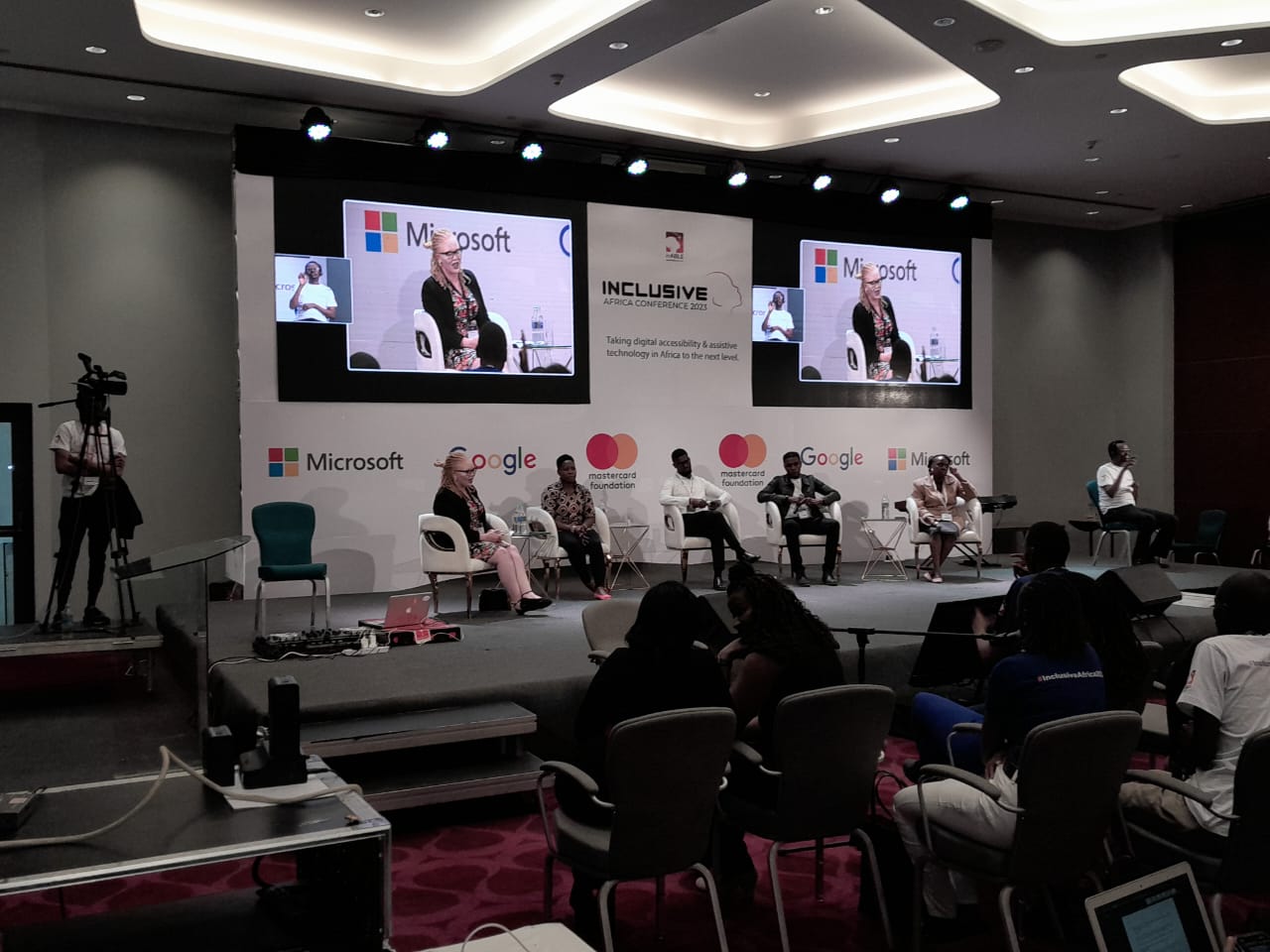
Conclusion: Post- covid it is even more critical that movements find their way to each other. This could either be through social fora, convenings or through interpersonal networks. Crucial to note is providing spaces for the movement to showcase its achievements, current programming, key challenges and, lastly, hopes for what the future holds for differently-abled persons. The 4th Inclusive Africa conference left me energised and accompanied by valuable professional and personal insights.
Aluta Continua!!
Featured photo by Oskars Pavlovskis

